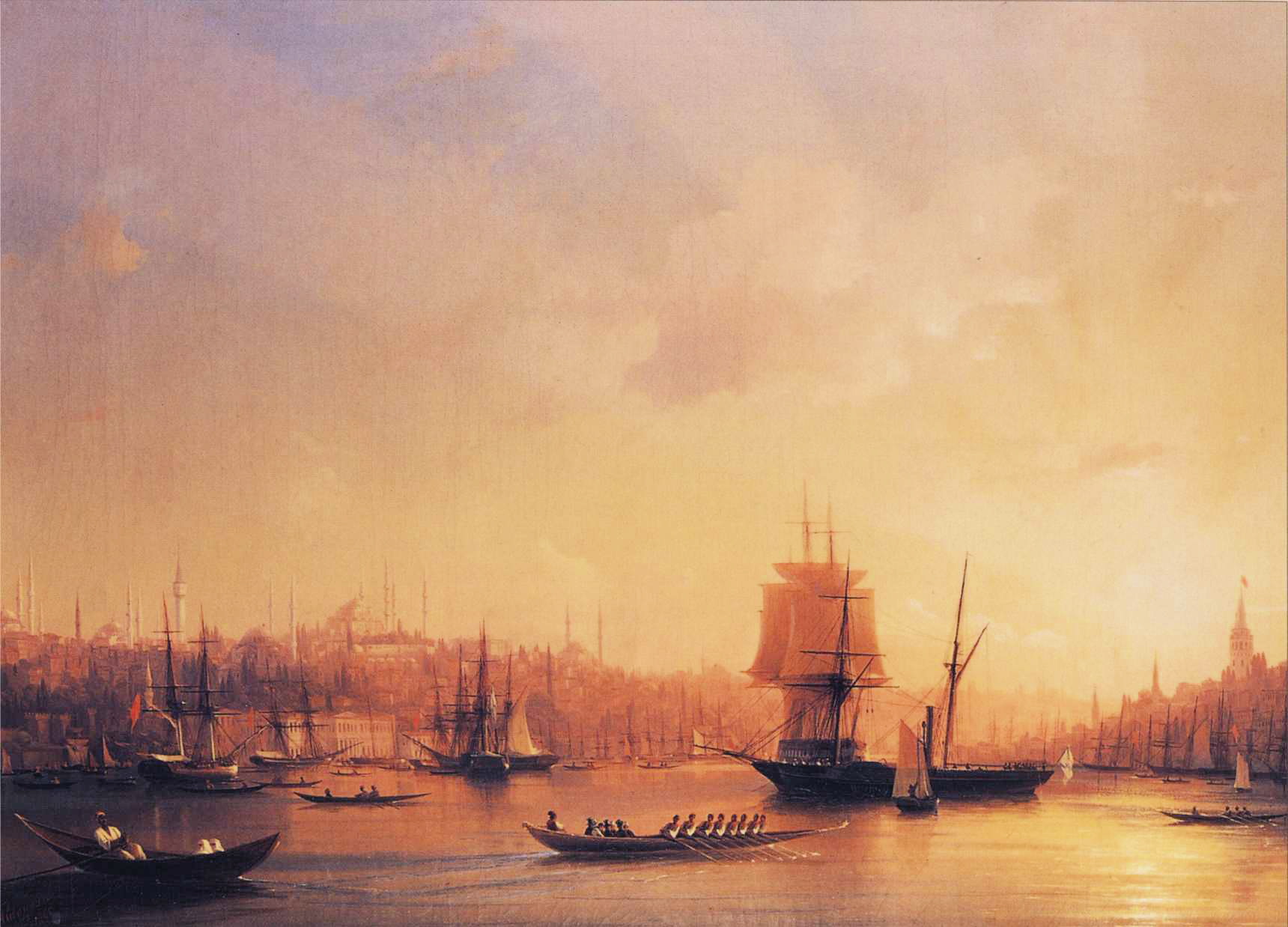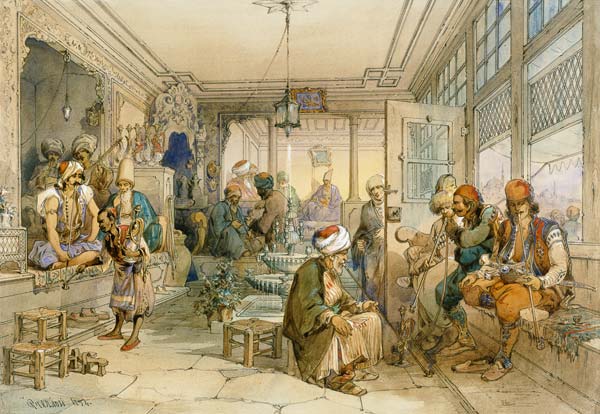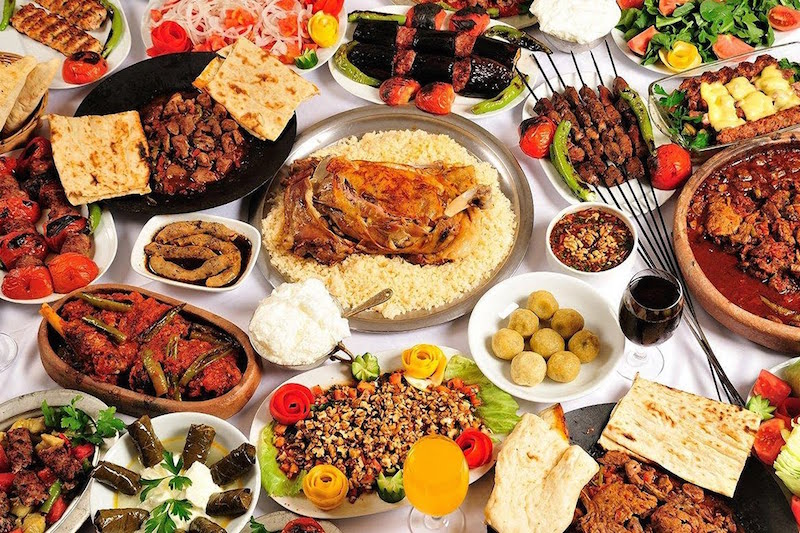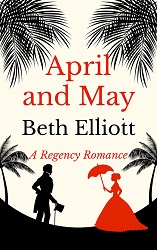Hello Vonnie. Thank you for accepting my
invitation to talk about your latest book.
Could you tell us
something about the subjet?
DANGEROUS
HOMECOMING was originally titled COMING HOME. It is a Regency historical and was
aimed at the British market, but I have since discovered that the majority of
my readers are American. Under the circumstances, when my U.K. publisher closed
down, I retitled the novel, made some alterations and self-published it. The
audio rights to the original are with another British publisher.

What led you to
write about this theme?
Most of all I like the theme of redemption. The only fairy tales that
called to me were ones where the hero or heroine attained redemption after
struggling through great adversity and they were redeemed by the strength of
their character(s).
What was the hardest part of
writing this book?
It
entailed the usual heavy research which is essential when writing in the
historical genre. But as I come from the Antipodes and did not have information
at my fingertips such as a British writer would, I had to make doubly sure that
my facts were correct.
And what was the most enjoyable
part?
Doing the
editing! I love editing; writing the story not so much. But as you edit it all
falls together and you can think, “I like this book.”
What motivated you to write about
this period?
The Peninsular Wars are a favourite setting for me. After reading Georgette
Heyer in my teens, I subsequently married a man with an antique arms collection
which included various swords, duelling pistols and shotguns from the Regency
era. Recently we travelled to Spain and saw a couple of the 1809-1812
battlefields for ourselves.
What kind of research do you do,
and how long do you spend researching before beginning a book?
Our
family owns many history books and that is where I start. Sure, there are great
references online, but you have to remember that much of the information online
is uploaded by people with an axe to grind. Whatever I read online I then
verify from library books or more importantly, personal diaries.
How do you choose names for your
characters?
Now I
must admit that with the contemporary romantic suspenses I write, deciding on
names is much easier! I can even invent one or two if I like. But when you
write historicals you must use era-appropriate names and it is surprising how
narrow the field is. There are only so many derivatives of Elizabeth and Mary
and Henry. It can be a real challenge to name characters appropriately,
particularly if one is perhaps the villain or anti-hero and needs a darker
name.
What elements do you consider
make a character believable?
I am not
sure. Some authors have a gift for making the most improbable characters sound
authentic. I’m referring to writers such as Sandra Brown (contemporary
suspense) and Amanda Quick (historical romance). I think the depth of a
character’s emotions make them believable more than anything else. A lacklustre
characterisation makes for a light-weight hero or heroine.
If you could go
somewhere for a few months to write, where in the world would you go?
Italy, Italy and did I say – Italy?
Which authors do
you choose to read for pleasure?
I re-read Georgette Heyer – not just her historicals but also her
detective fiction. Other authors I love to re-read are Mary Stewart and Beverly
Barton. Authors still writing whose work I enjoy and learn from are Tami Hoag, Lisa
Gardner, Jayne Ann Krentz, Michael Connelly and J.D. Robb. Those are well-known
writers. But I also number favourites among less known writers such as Maris
Soule, K.M. Rockwood and Daniel Silva.
What do you do when
the inspiration falters?
Get angry with myself! I read and read and read and watch mindless T.V.
And I people-watch. Eventually my faltering imagination fires up again.
Lock out
the world and put fingers on keys.
What are some ways in which you
promote your work? Do you find that these add to or detract from your
writing time?
Oh, I
hate, hate marketing. My blog site remains vacant for months at a time. But I
belong to many online Yahoo groups and Facebook groups and I try to do a soft
sell on those. I absolutely detest that “Hey, look at me!” stuff. Occasionally
I get asked to do talks at one of the local libraries, and I quietly leave my
personalised pens lying around on the shelves at bookshops or in libraries. I
also belong to a lot of writing groups generally.
What projects are you working on
at present?
Almost
finished a romantic suspense (with the emphasis on suspense) for the Lobster
Cove series at The Wild Rose Press. I also have a few bits and pieces of half
written historicals and I’m going through them at the moment discarding some
ideas and developing others.
If you could tell your younger writing self anything, what would it be?
If you could tell your younger writing self anything, what would it be?
Take your
writing more seriously. You would have succeeded better if you’d not looked on
it as a hobby but more of a career. Shove other distractions aside.
How long on average does it take
you to write a book?
Depends
on the book. Two Regency historicals (one named THE SECOND SON and a Regency novella called ENTANGLEMENT) took only four
months each. But mainly my books take a good year to write.
Do you find Social media useful?
Useful? She grinds her teeth. Yes and no. It can
waste your time, but it does help to get the word out there.
Do you
use elements from your day job in your plots?
Thank you, Vonnie, for sharing your ideas and writing tips with us. Now let's look at the details of how to find your novel.
On
April 2 I self-published a Regency re-release. It was originally called COMING
HOME, but if you look at Amazon you will see that there is a plethora of books
all with that name. I altered some of
the text to a more universal standard since the original publishers were
British and upgraded the title to DANGEROUS HOMECOMING.
It is available here:
They
are both scarred by war; she because of the shattered men she nurses; he
because of the loss of friends and the horrors he must endure daily.
Colwyn Hetherington has a chance to put it all behind him and return to England. Juliana Colebrook desperately wants to go to England to seek out her relatives. They take an almighty chance and travel together, setting in train a series of events that neither could have anticipated.
With only their love to sustain them, they clash head-on with the reality of England, 1813.
Colwyn Hetherington has a chance to put it all behind him and return to England. Juliana Colebrook desperately wants to go to England to seek out her relatives. They take an almighty chance and travel together, setting in train a series of events that neither could have anticipated.
With only their love to sustain them, they clash head-on with the reality of England, 1813.

































2 Comments
Close this windowJump to comment form